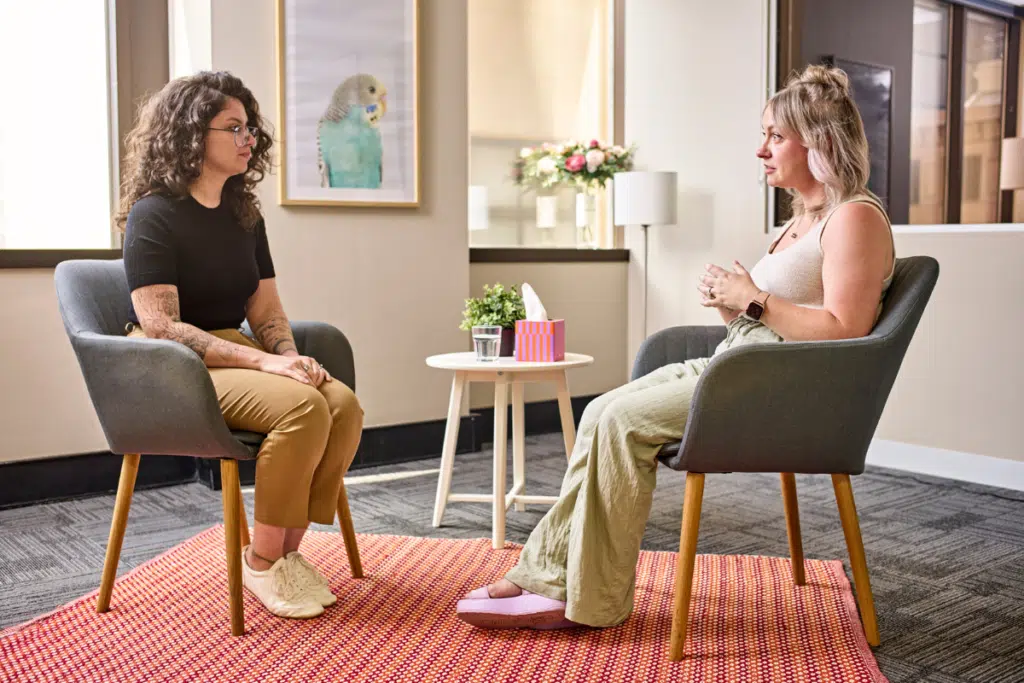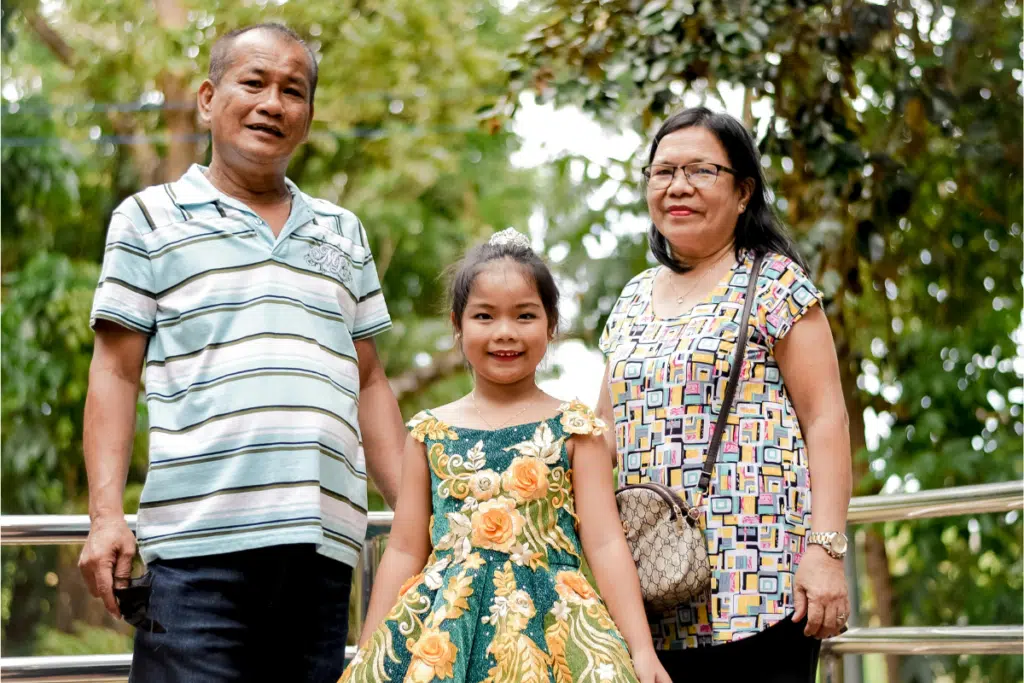Addressing Relationship Distress
Today, the pressures on relationships are growing. Rising living costs and housing stress are straining families and communities. Loneliness and social disconnection are now recognised as urgent public health issues. Access to support remains uneven, especially for people in regional areas, marginalised communities, and those in crisis.
Our three-year strategy addresses the challenges our communities face and responds to the environment we operate in, as we work toward our vision:
A society where no one faces relationship challenges alone — where everyone has the tools and support they need to build strong, fulfilling connections.
Relationships Are Essential
Relationships protect our health, strengthen our communities, and give life meaning. Yet across NSW and Australia, connection is under threat. Loneliness has reached crisis levels. Cost of living and mental health pressures are placing unprecedented strain on families. Violence and disconnection are eroding safety and trust.

5.1 million Australians (24%) often feel very lonely — up from 20% in 2022.

Almost 1 in 3 (29.8%) partnered people feel distressed about their relationship

Nearly half who face difficulties manage on their own, without support.

Cost of living and mental health are the top two relationship stressors.

4.2 million Australians (21%) have experienced partner violence or abuse since age 15.

1 in 6 older people have experienced elder abuse in the past year, half at the hands of family.
1. Relationships Australia, Relationships Indicators Survey 2024. 2. Ending Loneliness Together, 2023. 3. World Health Organisation, 2025. 4. ABS, 2023. 5. The Men’s Project & Flood, M. 2024. 6. AIFS National Elder Abuse Prevalence Study, 2021
2026-2028 Strategic Direction
Our three year strategy is anchored in supporting people through relationship distress, across four bold priorities.

PILLAR ONE
Clearer Pathways to Support
When people are under pressure, long waitlists and disconnected systems can compound their stress. This pillar is about making support easier to access, more responsive, and better coordinated and expanding service reach across regional and diverse communities.

PILLAR TWO
Smarter Digital Systems
Technology should make support easier, not harder. By integrating systems, simplifying platforms, and introducing self-service tools, we’ll reduce duplication and make services more accessible. Smarter systems also mean faster reporting, clearer insights, and greater accountability for our partners and funders.

PILLAR THREE
A Supported Workplace
Every day, our staff show up for people in distress. To do this well, they need to feel supported themselves. This pillar is about capability, wellbeing and belonging — making sure people feel safe, respected, and connected to a bigger purpose.

PILLAR FOUR
Elevated Social Impact
Strong relationships are fundamental to health and wellbeing. We’re actively advocating for systems and policies that foster connection and promote respectful relationships. To deepen our impact, we’re co-designing services alongside people with lived experience and forging new, integrative partnerships across sectors.
Working together for a brighter future
The capacity for individuals, families and communities to thrive depends on their ability to connect. With 75+ years of experience, a trusted presence across NSW, and a deep commitment to equity and lived experience, Relationships Australia NSW is ready to meet this moment.
Download our strategic plan to find out more.

Our ability to thrive, both as individuals and as nations, depends on our ability to connect with others. When we build relationships and nurture trust, we build stronger, more resilient societies.
World Health Organization, June 2025


